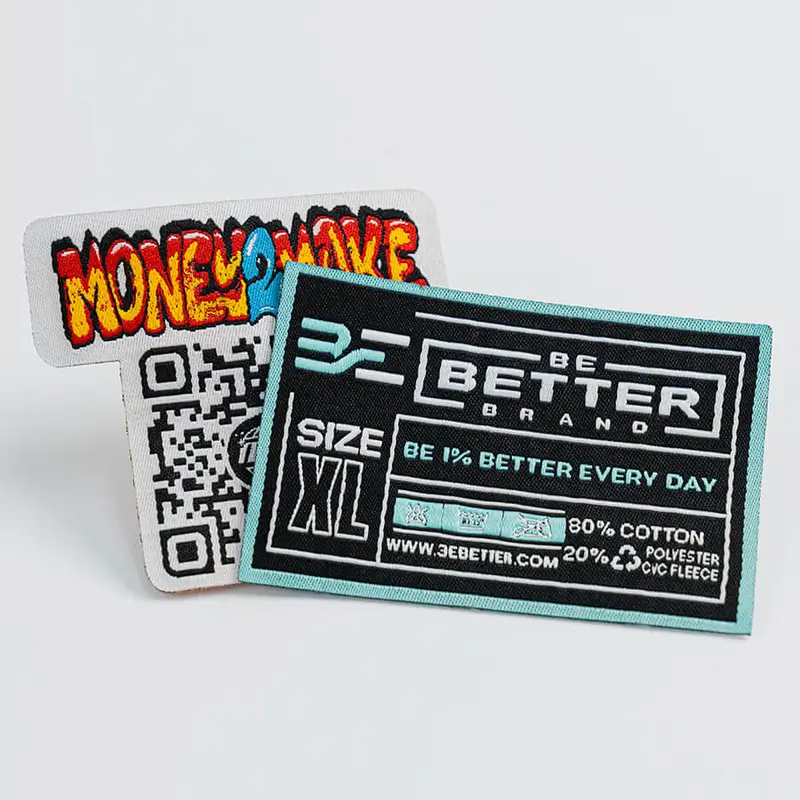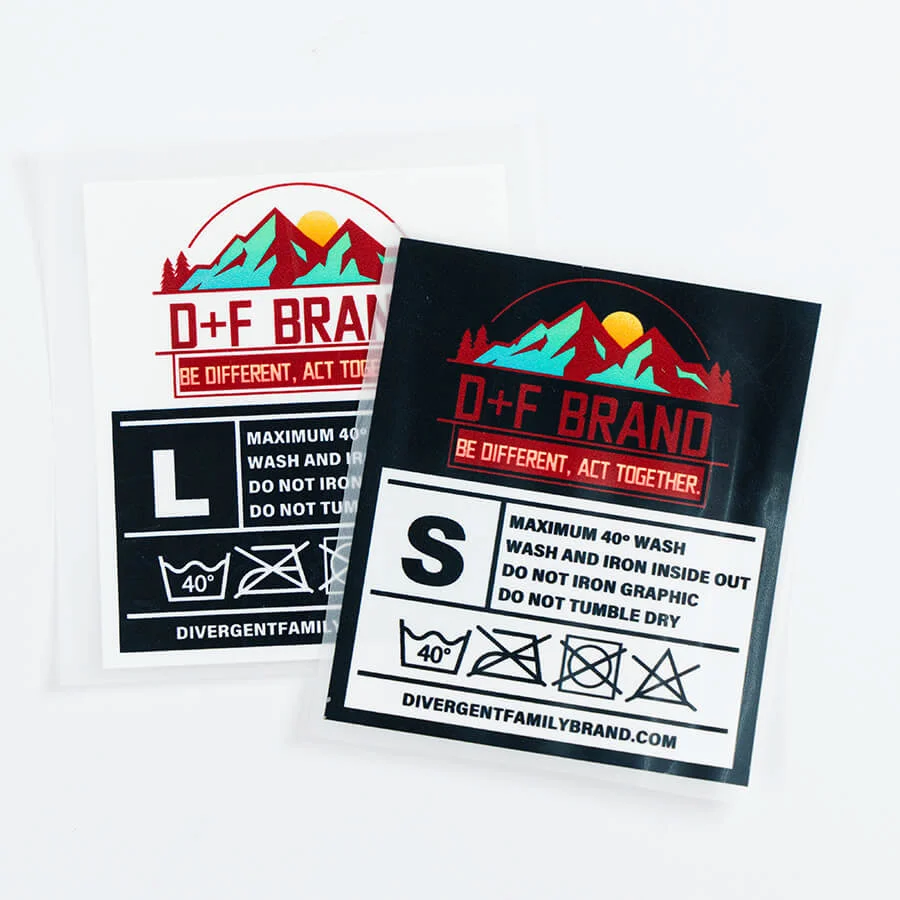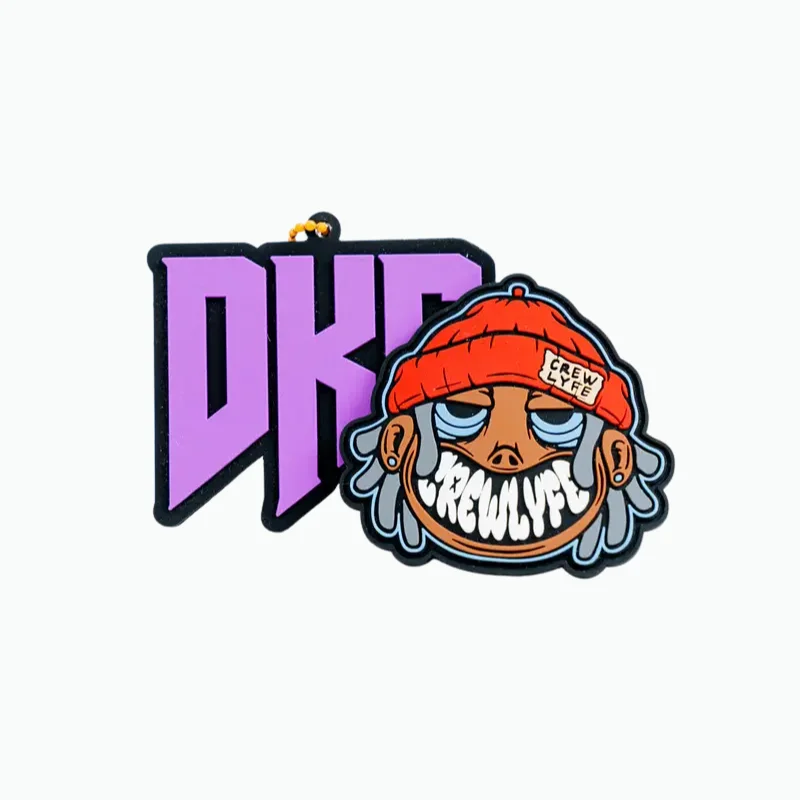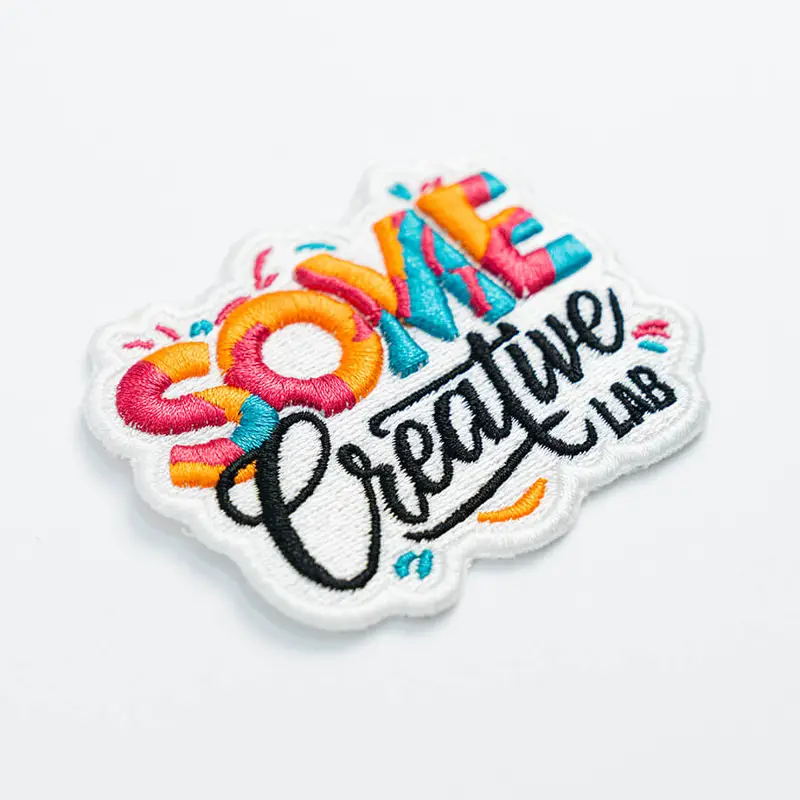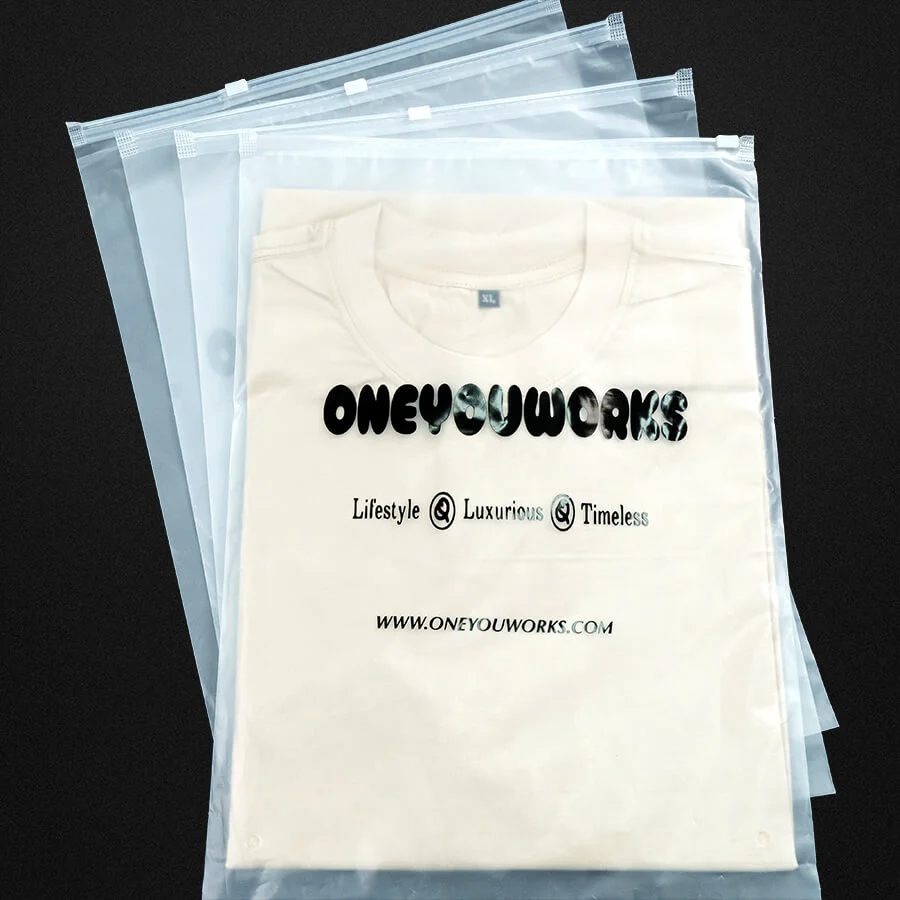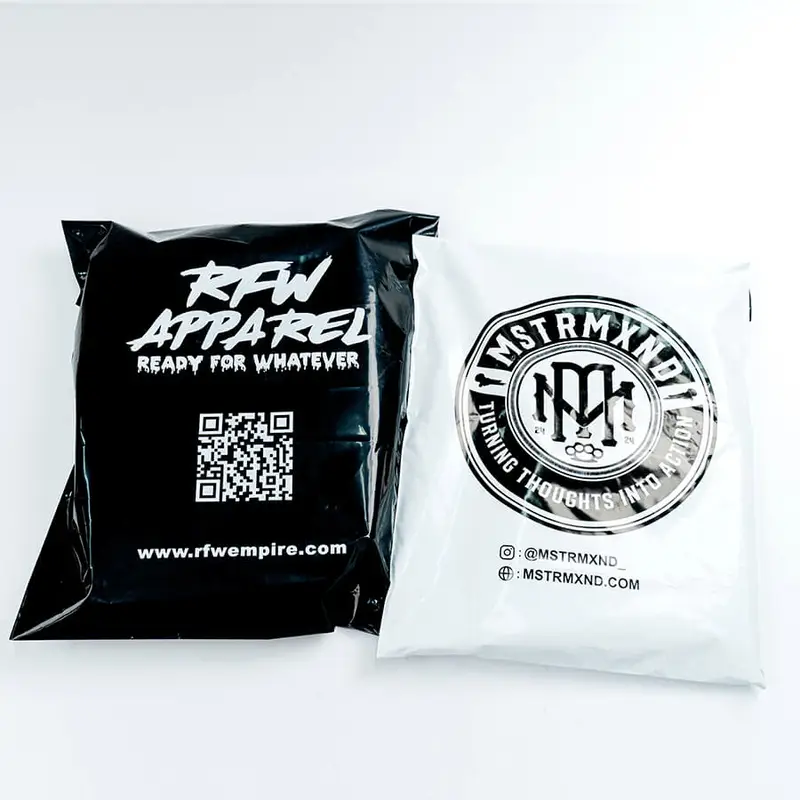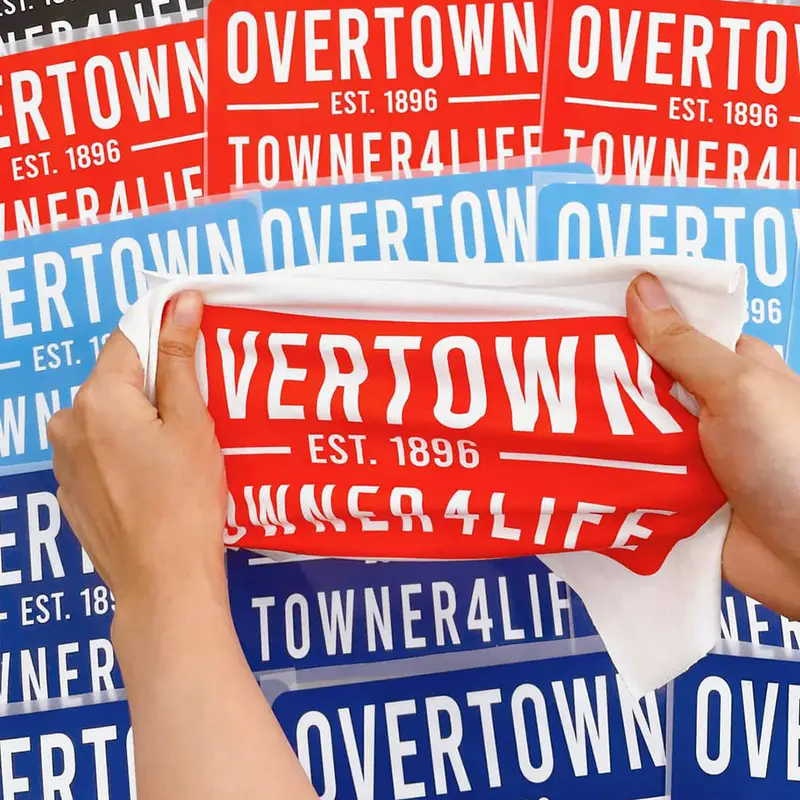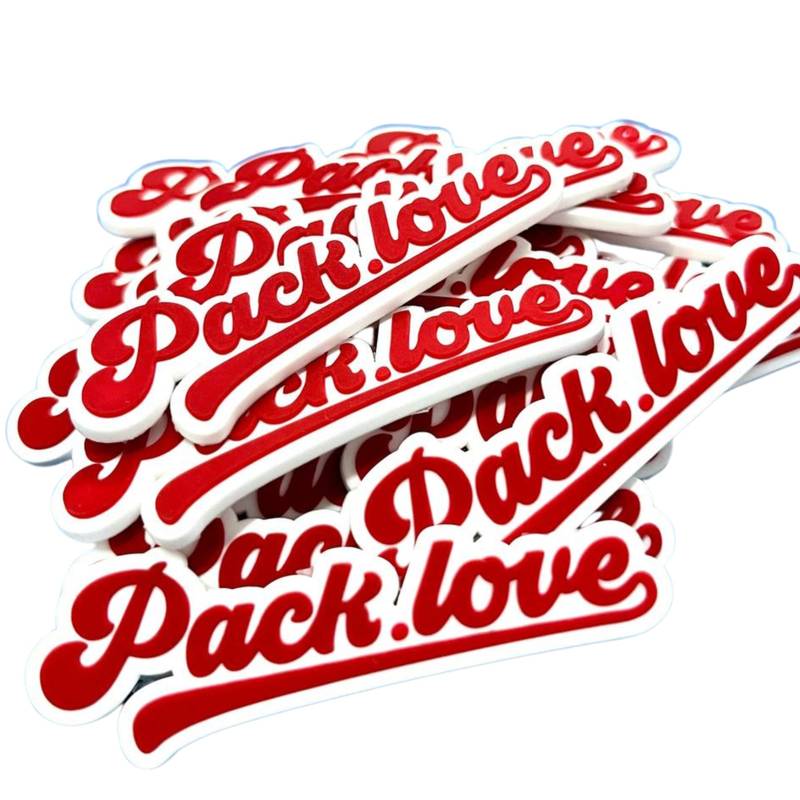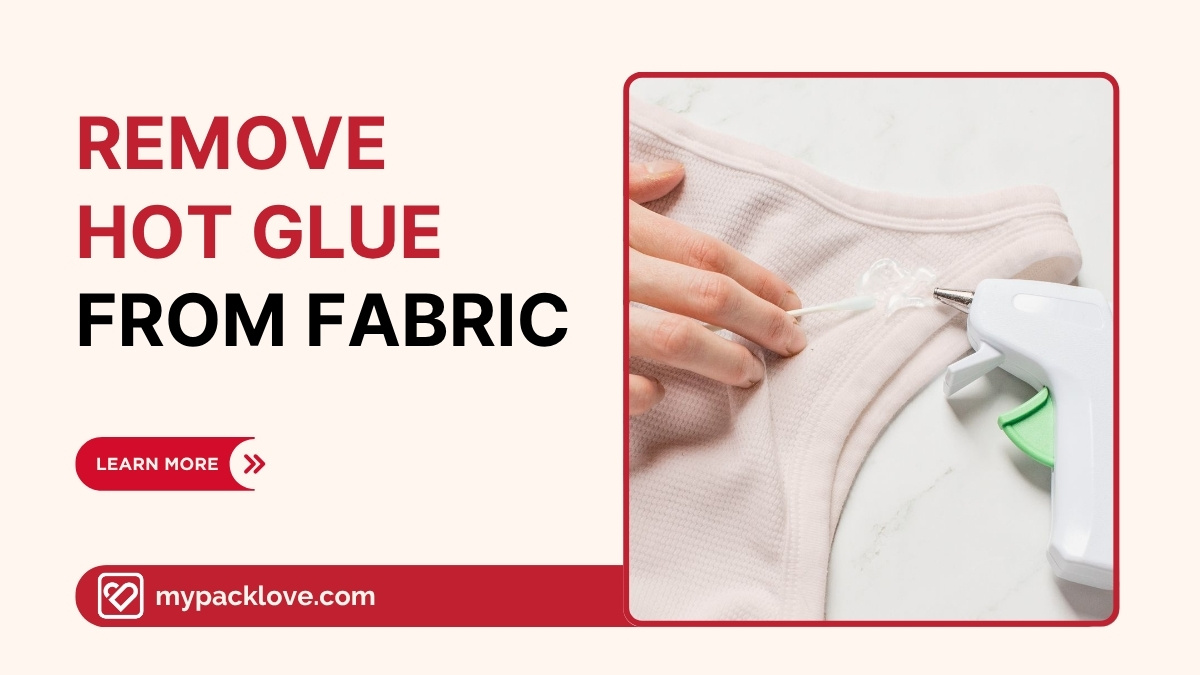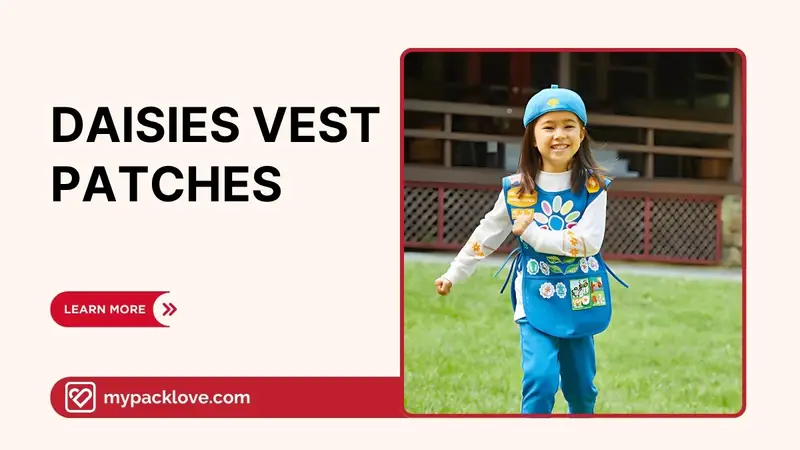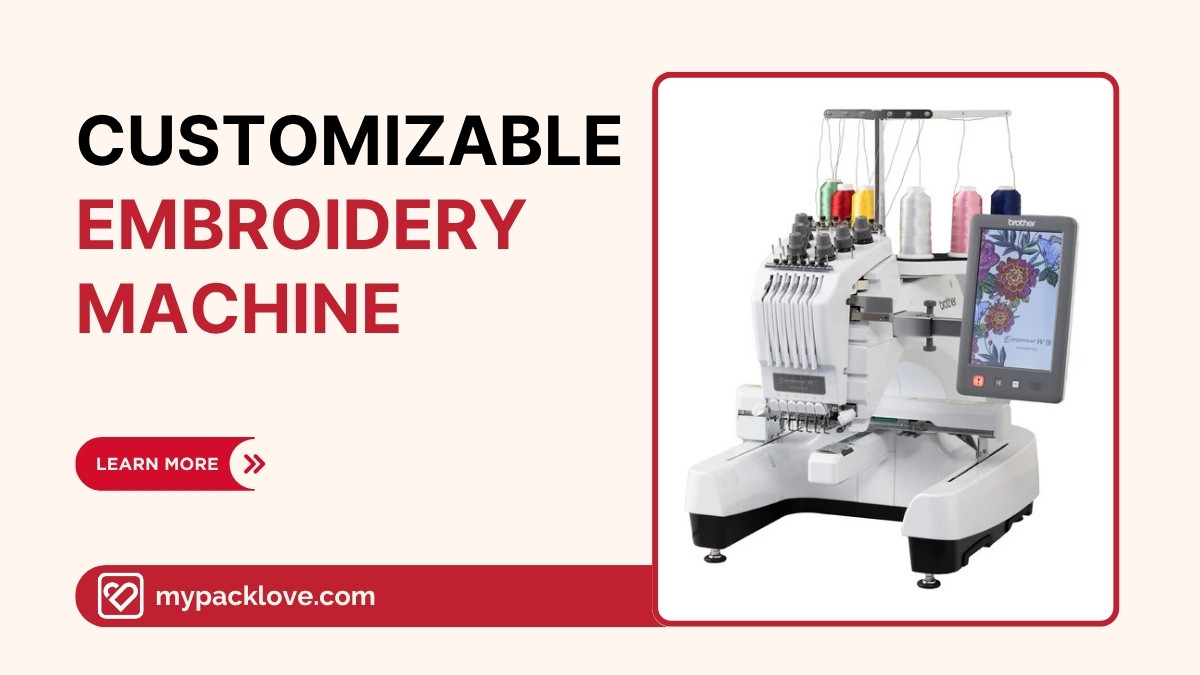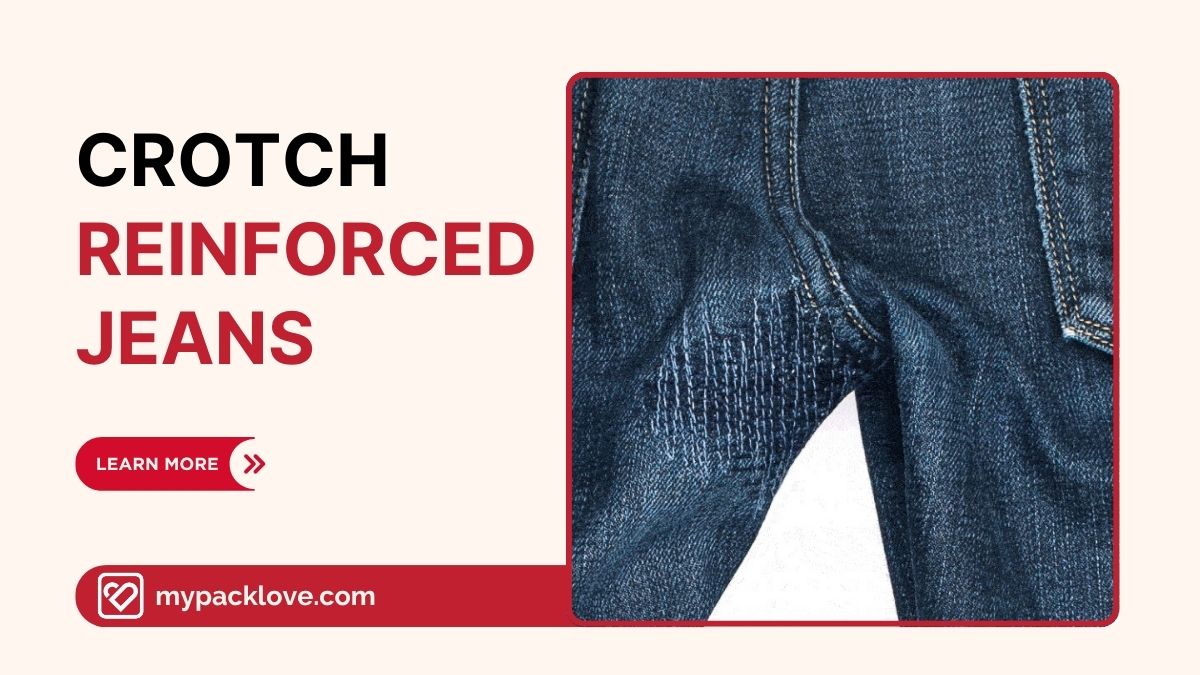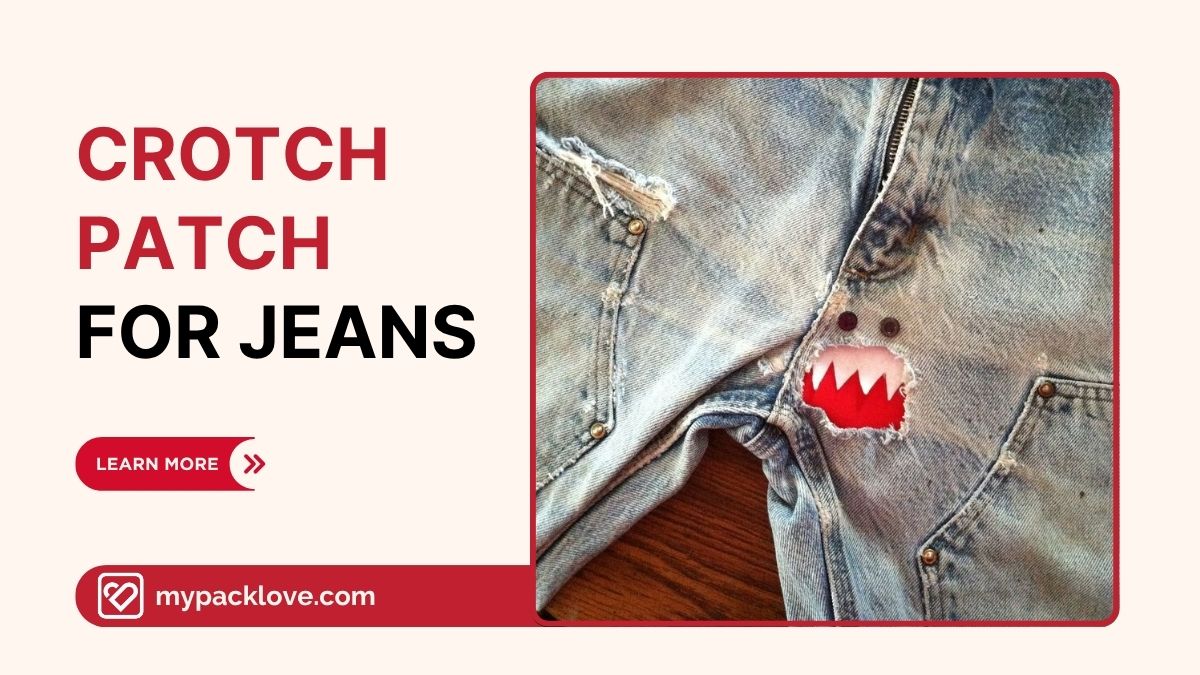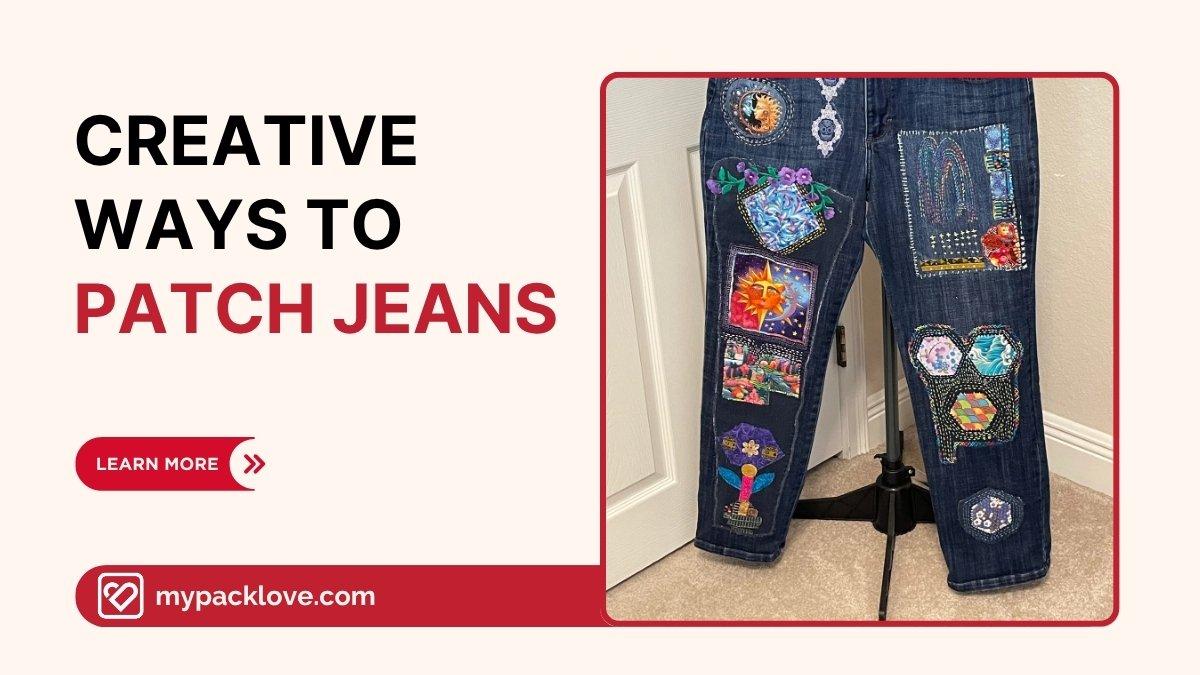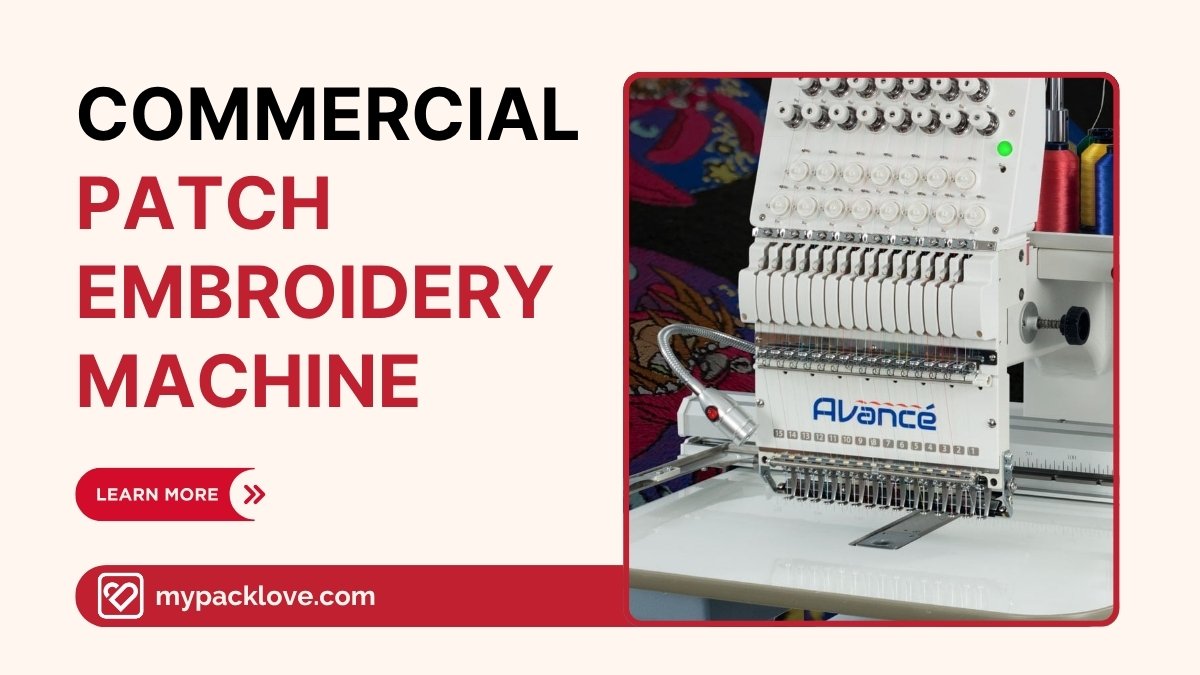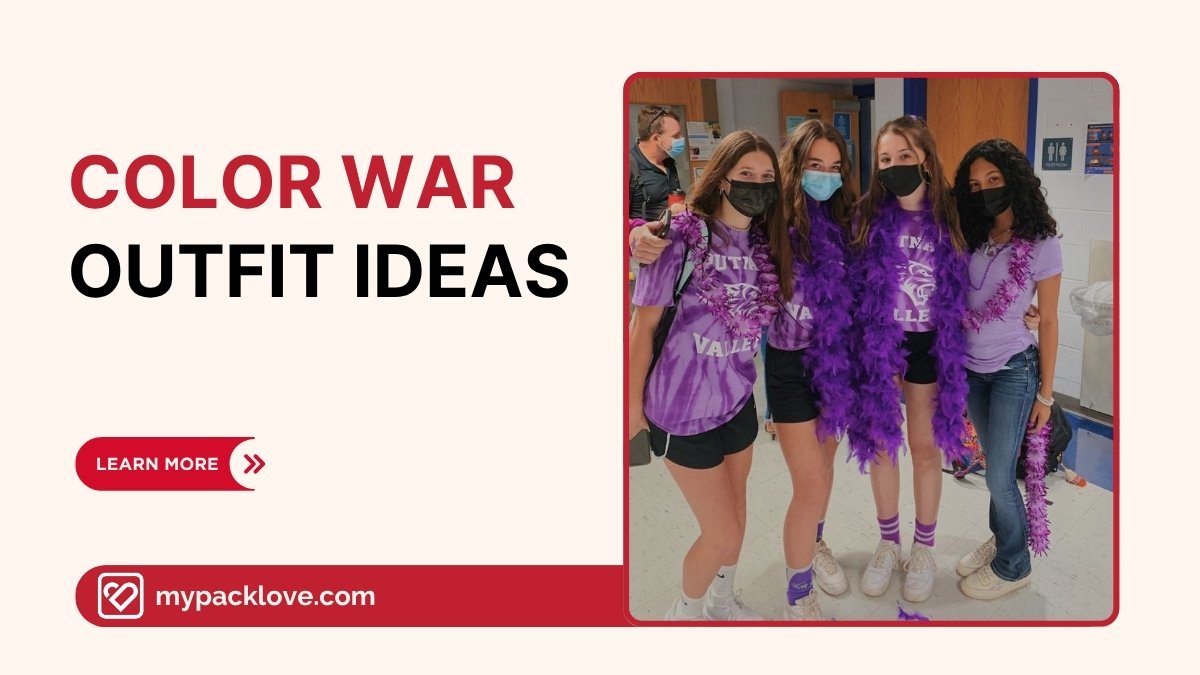Ultimate Patch Guide: Types, Materials, Uses and Expert Application Tips
Are you a small clothing business, designer, uniform supplier, hobbyist, or DIY enthusiast seeking to leverage the power of patches for branding, decoration, or personalization, but feeling overwhelmed by the sheer variety and unsure how to choose the right ones? Understanding the nuances of patch types is essential, as the wrong choice can negatively impact your brand image, product quality, and ultimately, customer satisfaction.
This comprehensive guide will equip you with expert knowledge to confidently select and use patches effectively, providing a deep dive into patch types, materials, construction, application, and design, empowering you to enhance your clothing products for branding, decoration, or functional purposes, achieving the desired aesthetic and durability.
1. Decoding custom patches: an expert’s overview
Custom patches are far more than mere decorations; they are powerful tools for branding, personalization, and expressing identity. From their historical roots as functional repairs to their evolution as status symbols, patches have maintained an enduring appeal.
Today, they remain highly relevant for brands seeking recognition and individuals looking to express their unique style, offering a versatile medium for conveying messages, affiliations, and personal narratives. Their enduring relevance throughout history shows their versatility.
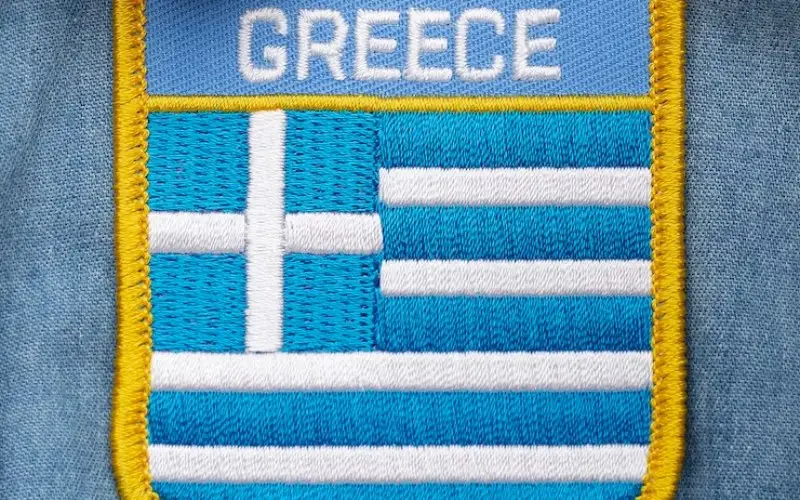
2. Exploring the diverse world of patch types: materials and styles
2.1. Material breakdown: from traditional fabrics to modern PVC
The choice of patch material significantly impacts its appearance, durability, and intended use. Embroidered patches, a classic choice, utilize cotton, polyester, or metallic threads for a raised texture suitable for logos and uniforms, with polyester threads offering better colorfastness and durability. Woven patches offer finer detail with thinner threads for smooth surfaces ideal for intricate logos and gradients.
Printed patches, using dye-sublimation, provide photographic detail and cost-effectiveness for large quantities but may lack the perceived value of embroidered or woven options. Leather patches offer a premium feel for high-end branding, available in genuine or faux options, with faux leather providing a vegan alternative, while PVC patches are waterproof and durable, ideal for outdoor gear and tactical wear.
Chenille patches provide a soft, furry, vintage vibe perfect for varsity jackets, bullion patches offer a luxurious, handcrafted statement, sequin patches add eye-catching embellishments, and reflective patches ensure safety and visibility on workwear and outdoor apparel.

2.2. Construction and backing: ensuring patch longevity and form
Beyond materials, construction and backing options play a vital role in patch durability and shape retention. Embroidery and woven density impact detail and longevity, while plastic backing maintains shape and prevents fraying.
Iron-on backing offers easy application but is less durable than sew-on, which is the traditional and most durable option. Velcro backing provides removable/reattachable functionality, ideal for uniforms and interchangeable designs, while magnetic backing allows temporary metal attachment for novelty or promotional purposes, and adhesive backing offers a temporary, peel-and-stick solution best suited for short-term events. Different uses and different materials are good for certain options.
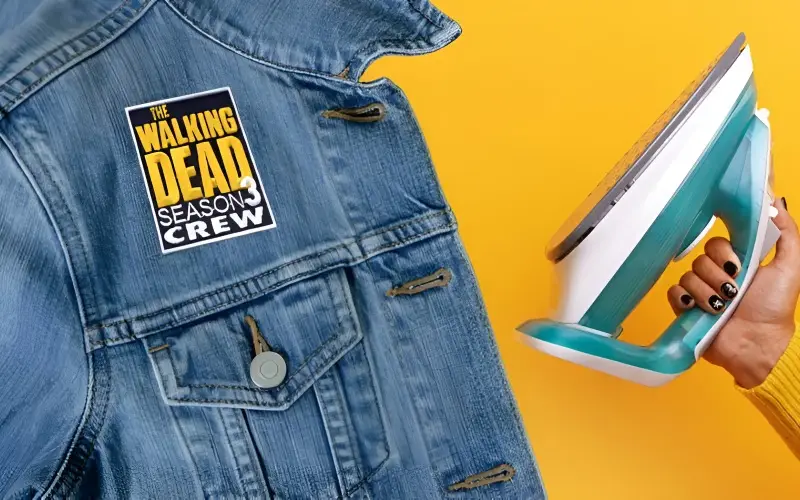
2.3. Patch styles and applications: matching patches to purpose
Patch styles and applications are incredibly varied, with specific styles suited for different purposes. Name patches provide identification and personalization for uniforms, while logo patches enhance branding and corporate identity.
Military patches signify rank, unit, and achievements, biker patches denote club affiliation, and sports patches celebrate team logos and events. Fashion patches serve decorative purposes for personal expression, while functional patches offer reflective safety features or medical identification. Consider your use when choosing the perfect fit.
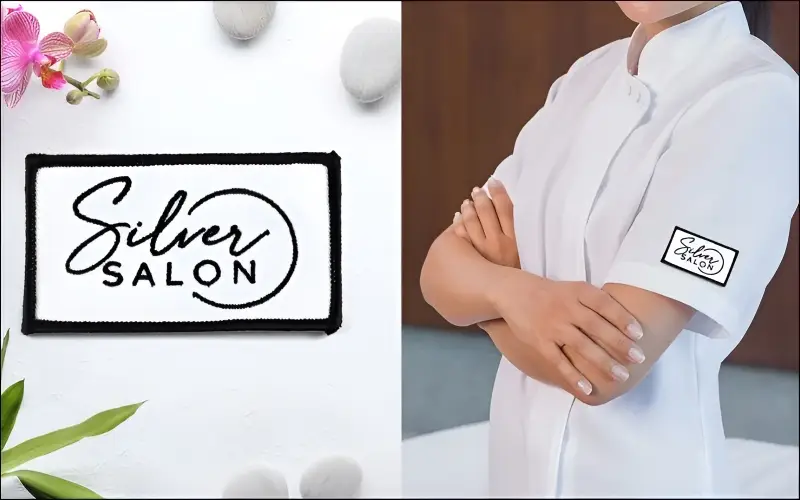
3. Mastering patch application: techniques and expert advice
3.1. Iron-on patch application: step-by-step for secure adhesion
To achieve secure adhesion with iron-on patches, follow these steps: test on a hidden garment area first for fabric compatibility, preheat your iron to the recommended temperature, place the patch on the desired location, cover it with a thin cloth, and press firmly for the specified time, ensuring you iron evenly. Convenient as it is, iron on is the least durable over sew on.
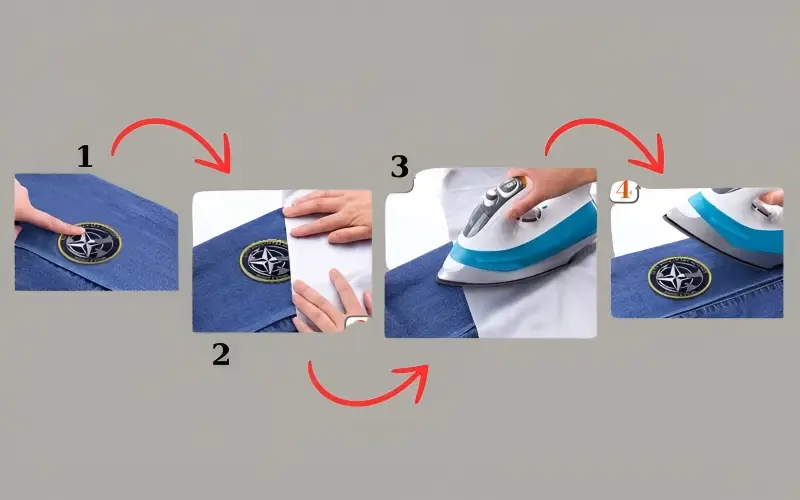
3.2. Sew-on patch application: Techniques for durability and aesthetics
For sew-on patch application, choose between hand and machine sewing, select appropriate stitch types, needles, and threads (stronger for heavy fabrics/leather, consider hand-sewing for control), carefully secure corners, and strive for neat, consistent stitches; remember that for heavy fabrics and leather, a stronger needle/thread is essential, and hand-sewing often provides greater control.
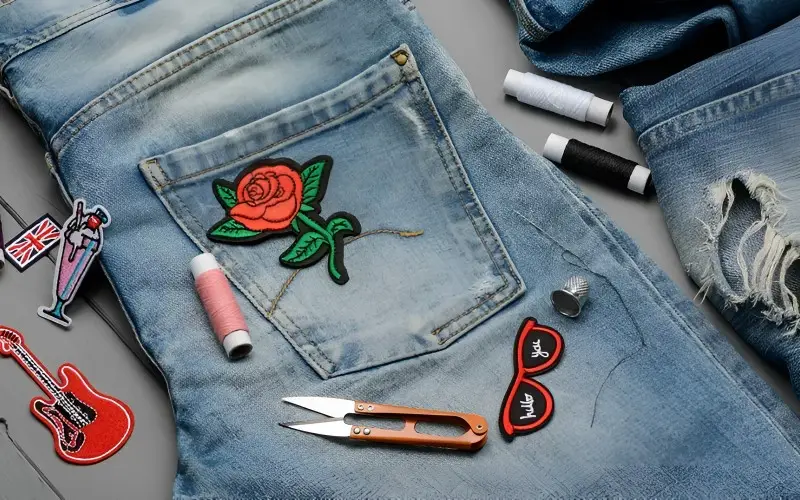
3.3. Applying PVC, leather, and other patch types: Specialized methods
PVC patches are best applied by sewing, although industrial-strength adhesives can be used, while leather patches require sewing with leather needles/thread or using leather adhesives and rivets, and pre-punching holes for easier sewing is helpful.
Woven patches can be applied similarly to embroidered patches, using either sewing or iron-on depending on the backing. Bullion patches, due to their delicate beadwork, are typically hand-sewn by skilled artisans, and adhesive patches require careful surface preparation, a clean, dry, smooth surface for optimal adhesion, and awareness of their limited strength. Choose an approach that works best for you and your materials!
4. Choosing the perfect patch: Expert factors to consider
4.1. Durability vs. aesthetics: Balancing longevity and visual appeal
When selecting a patch, it’s crucial to balance durability and aesthetics, as different types offer varying degrees of each, remembering to prioritize durability versus aesthetics based on the intended use and wear conditions.
4.2. Design complexity and patch type compatibility
Design complexity greatly influences patch type compatibility, as woven patches excel at intricate details, embroidered patches showcase bold designs, and printed patches are ideal for photographs, while it’s important to simplify complex designs for embroidery to maintain clarity.
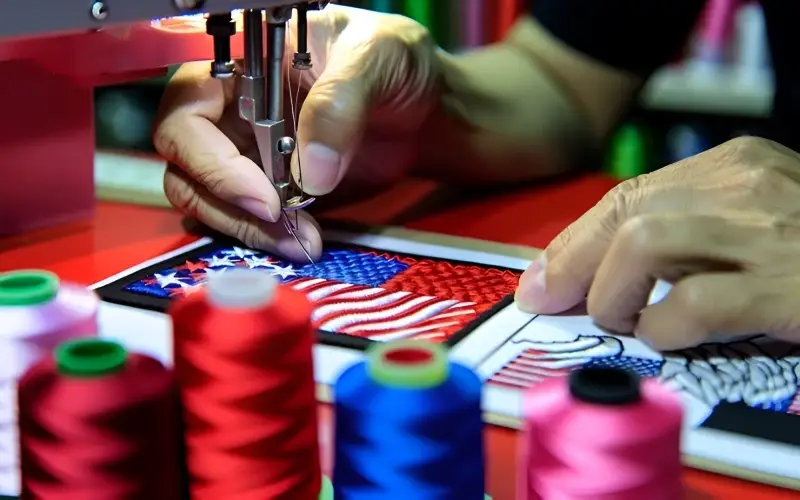
4.3. Budget considerations: cost-effective patch solutions
Budget considerations are crucial when choosing patches, with printed patches being the most cost-effective, bullion patches the most expensive, and bulk discounts offering savings, keeping in mind that while printed patches are budget-friendly for large quantities, embroidered and woven patches offer better perceived value for retail.
5. Maintaining your patches: Care and longevity tips
5.1. Washing and cleaning patched garments: Best practices
To maximize the lifespan of patched garments, wash them inside out on gentle cycles, avoid harsh detergents, and air dry rather than machine dry, always remembering to check both garment and patch care labels for specific instructions. Always check the labels for instructions.
5.2. Storage and protection: preventing damage and fading
Proper storage and protection are vital, especially for delicate patches, so store them away from direct sunlight and heat to prevent fading and degradation and use specific storage practices that best suits the material.
6. FAQs about custom patches
6.1. What is the most durable type of patch?
PVC and sew-on embroidered or woven patches are generally the most durable choices for longevity.
6.2. Can iron-on patches be removed?
Iron-on patches are semi-permanent and removable with heat and peeling but may leave residue behind.
6.3. Are woven patches better than embroidered patches?
Neither type is inherently “better”; it depends on the design, with woven patches excelling at detail and embroidered patches offering texture.
6.4. How long do custom patches last?
The lifespan of custom patches depends on material, application, and care, but quality patches can last for years with proper care.
6.5. Can I design my own patch?
Yes, custom services enable personalized designs, but consider complexity and file formats for best results.
At Packlove, with over 8 years of experience providing garment accessories, we’re excited to now offer custom patches, applying our expertise in material selection, design consultation, and production to provide you with exceptional quality and service. We offer a wide range of custom solutions, including embroidered, woven, printed, PVC, and leather patches, catering to diverse needs and branding strategies. For more information and quotes visit mypacklove.com.
Visit our website at https://mypacklove.com/ or contact us [email protected] to explore our options and contact us for a free consultation.
Read more:
In summary, understanding the versatility and value of custom patches empowers you to enhance your branding and personalize your garments effectively. Whether for corporate uniforms, fashion statements, or functional applications, patches offer endless creative possibilities. Explore our options, and let Packlove be your partner in creating high-quality custom patches that perfectly represent your vision.

